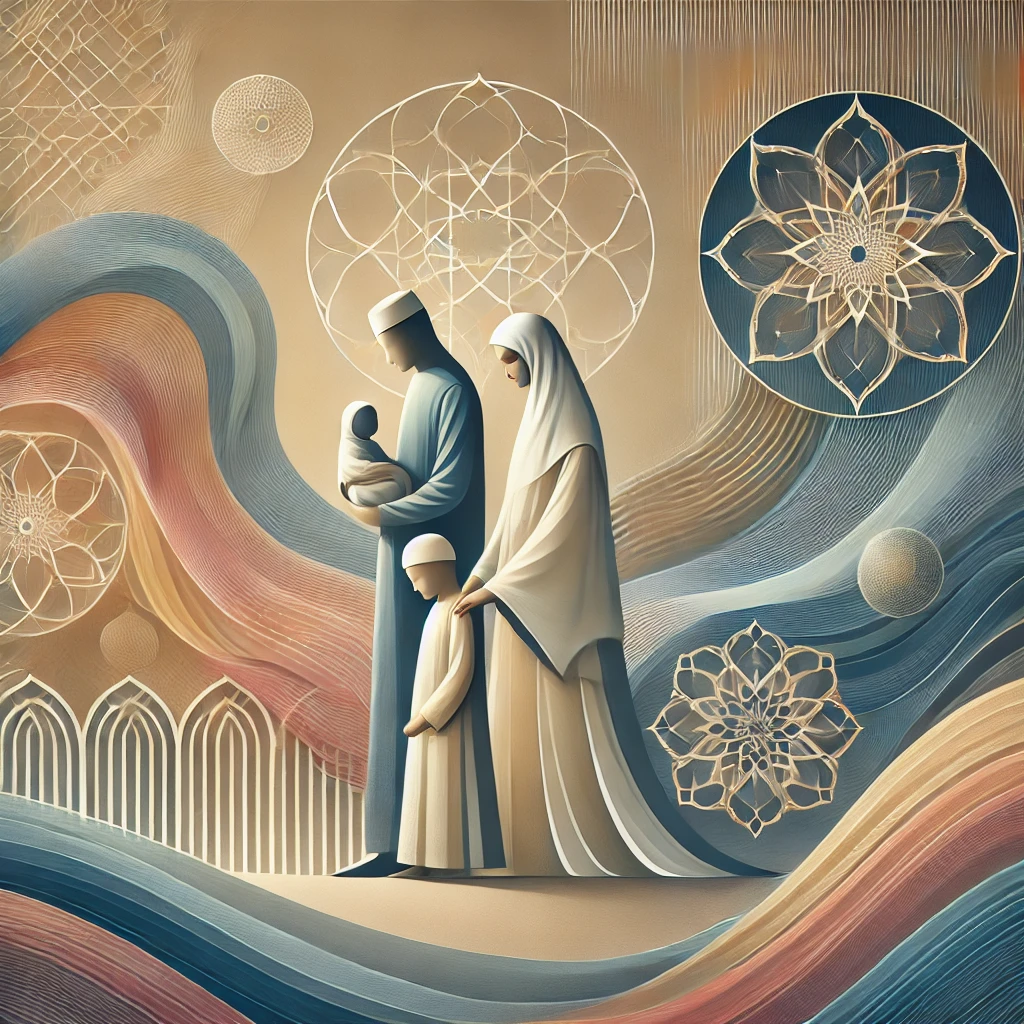
The Role of Women in Raising Future Generations
In Islam, the family is regarded as the fundamental building block of society, and women are given the esteemed role of nurturing and shaping future generations. Mothers, in particular, play a pivotal role in raising children who will grow up to be morally upright, responsible, and faithful individuals. Islam emphasizes the significance of a woman’s
The Balance Between Rights and Duties
In Islam, the family is considered the cornerstone of society, and within this unit, both men and women have distinct rights and responsibilities. While the roles of women in the family are essential, Islam emphasizes the balance between their rights and duties. This balance is crucial for maintaining harmony and ensuring that women are treated
The Rights and Responsibilities of Women in Marriage
In Islam, marriage is a sacred bond based on mutual respect, love, and cooperation between husband and wife. Both men and women have rights and responsibilities within this partnership, and these roles are clearly defined to ensure harmony and balance within the family. Women, in particular, are given significant rights in marriage, and their well-being,
The Rights and Responsibilities of Women in Marriage
In Islam, marriage is a sacred bond based on mutual respect, love, and cooperation between husband and wife. Both men and women have rights and responsibilities within this partnership, and these roles are clearly defined to ensure harmony and balance within the family. Women, in particular, are given significant rights in marriage, and their well-being,
The Role of Women in Building a Strong Family
Islam places great emphasis on the family unit, recognizing it as the foundation of a healthy and harmonious society. Women, in particular, play a crucial role in nurturing and sustaining the family, as they are seen as the heart of the household. The teachings of Islam highlight the importance of women in their roles as
Patience and Gratitude in Islamic Ethics and Values
Patience (Sabr) and gratitude (Shukr) are two fundamental values in Islamic ethics, working hand in hand to shape a Muslim’s relationship with Allah and the world. Patience refers to the ability to endure hardships with resilience and perseverance, while gratitude is the act of showing appreciation for the blessings bestowed by Allah. Together, these virtues
Honesty and Trustworthiness in Islamic Ethics and Values
Honesty (Sidq) and trustworthiness (Amanah) are among the most important values in Islamic ethics. These qualities are essential in shaping the moral conduct of a believer and are vital for maintaining justice and integrity in both personal and communal life. In Islam, being truthful and reliable is not just a personal virtue but a key
Modesty and Chastity in Islamic Ethics and Values
Modesty and chastity (Haya and Iffah) are highly regarded virtues in Islamic ethics, shaping how a Muslim interacts with both the inner self and society. These qualities help maintain moral and spiritual balance, guiding individuals to live a life of dignity and righteousness. Islam encourages believers to guard both their physical and spiritual selves with
The Importance of Justice in Islamic Ethics and Values
Islam regards justice (Adl) as one of the core principles that must be upheld in all aspects of life. The Quran and the Sunnah of the Prophet Muhammad (PBUH) highlight justice as the cornerstone of social order and interpersonal relationships. In Islam, justice is not just a legal term but a moral imperative that must
Honesty in Islamic Ethics and Values
Honesty (Sidq) is one of the foundational principles in Islamic ethics and values, playing a crucial role in shaping the moral conduct of a believer. The Quran and Hadith emphasize the importance of truthfulness in every aspect of life, be it in speech, actions, or intentions. Islam teaches that honesty is a reflection of faith

















